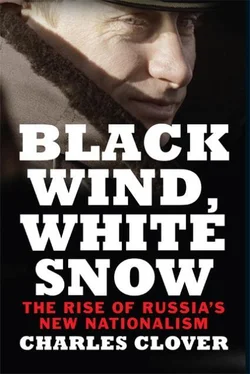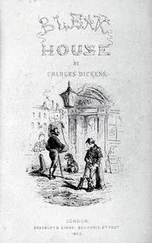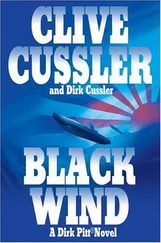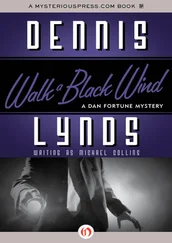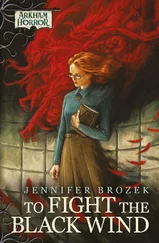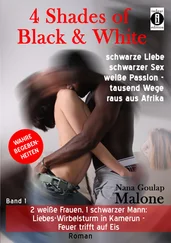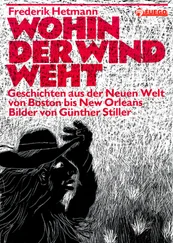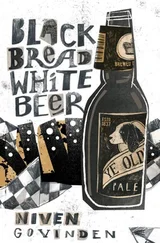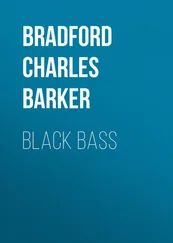There are still a few glitches. One such is the transliteration from Cyrillic. For various reasons – including laziness, but mainly a desire to keep things simple and to preserve the best-known English versions of Russian names – there is no overall consistency: we have Jakobson (not Yakobson), Yeltsin (not Eltsin), Savitsky (not Savitskiy), etc.
Another problem some may find is my use of the word ‘nationalism’, particularly in the title. Many of the authors here would take grave exception to being labelled ‘nationalist’, which in Russian is akin to ‘racist’; however, in English it has a wider meaning which I find appropriate. I have used ‘nationalism’ as a broad category to represent the civilizational identity that Eurasianism proposes. Like nationalism, it suggests a common culture and political boundaries, and may be used to justify conquest and irredentism.
While it is true that Eurasia is itself a ‘multinational’ unit, made up of Tatars, Russians and Yakuts (among others), its concept is in essence an imperial form of Russian nationalism, and its members have all joined in a Russian nationalist war of conquest in eastern Ukraine. Calling them nationalists is not a fudge, it is a fact. But it will be confusing later, when these nationalists criticize other nationalists for ‘nationalism’. It can’t be helped.
Literally a cast of thousands has helped me to write this book. The University of Michigan has provided an immense resource, as well as a delightful place to spend a year dabbling in the subject on a Knight Wallace Fellowship. Charles Eisendrath and Birgit Reick especially deserve my thanks. A special note of gratitude goes to LaVerne Prager, an incredibly generous woman who funded the fellowship that kept me at Ann Arbor for a year.
Jindrich Toman, head of Michigan’s Department of Slavic Languages and an expert on the Prague School of Linguistics, spent a lot of time with me explaining phonology, Jakobson and Trubetskoy. Olga Maiorova, who taught a course in Russian orientalism while I was in Ann Arbor, was of immense assistance. Patrick Seriot of the University of Lausanne helped me hugely with Prague School linguistics and with the links between these theories and Eurasianism. I am also very grateful for a long telephone conversation with Anatoly Liberman of the University of Minnesota, who helped me with the same.
Robert C. Otto has been an immense resource to me on the modern period of Eurasianism and Russian politics in general. He kindly read my manuscript, made many helpful comments and corrected many errors. John Dunlop of the Hoover Institution provided a great deal of help with the history of the 1991 coup, Dugin and the modern infiltration of nationalism into Russian society.
Yitzhak Brudny of the Hebrew University of Jerusalem has likewise been incredibly generous with contacts on modern nationalism, Gumilev and the Soviet ‘politics by culture’ era of the 1960s to the 1980s, and also kindly read my manuscript.
Andreas Umland, who wrote his PhD dissertation on Alexander Dugin, has been similarly generous with his sources.
Andrew Weiss and Dmitri Trenin of the Moscow Carnegie Center were extremely helpful during my time as bureau chief in Moscow, and specifically in tracking the penetration of conservative ideas into the Russian mainstream.
Journalists Sergey Kanev and Nadezha Prusenkova of Novaya Gazeta , and Andrey Soldatov of Agentura.ru helped me hugely with sources, documents and – most of all – judgements.
Petr Suslov, formerly of the KGB’s Vympel unit, kindly spent many hours with me discussing – in somewhat vague terms – the history of the KGB, the Chechen conflict, his own participation in Eurasianism and some of the odder coincidences of post-Soviet history. Vladimir Revsky, another Vympel veteran and former Suslov collaborator was also a great help.
Igor Rodionov, ex-commander of the 40th Army in Afghanistan and Russia’s former defence minister, helped me both with his own history and with the ideological climate in the Russian military following the collapse of the USSR – a climate that geopolitical theory helped to shape.
Many of the participants in the 1980s Moscow bohemia (described in Part III) came forward to explain what was apparently the best party ever. Sergey Zhigalkin helped me to recreate, on a much tamer scale, a typical evening of the Moscow ‘mystical underground’ circa 1980 at his dacha, while Igor Dudinsky spent many hours showing me his photo albums, drinking cognac and recounting episodes of hard partying.
Gaidar Dzhemal sat with me for two hours, after which I realized that nothing I knew was actually true and I might as well live in a yurt.
Archimandrite Tikhon Shevkunov of the Sretensky monastery sat for two long interviews and some thoroughly enjoyable conversation that provided the basis for both a magazine feature in the FT and a chapter in this book. Thanks to him, to Father Pavel and to Oleg Leonov for helping to set it all up.
Mikhail Leontyev, anchor for the programme Odnako , was incredibly generous with his time in answering questions about Russian politics, and made himself available on numerous occasions, as did Maxim Shevchenko and Vladimir Pozner.
Thanks to Vladimir Yakunin, formerly head of Russian Railways, who gave me a number of (fairly vague) interviews on conservative thinking at the peak of Kremlin power.
Alain de Benoist, leader of the French Nouvelle Droite, was very patient with my attempts to understand the theory of the movement, and helpful.
Marina Kozyreva, the niece of Lev Gumilev’s campmate who now runs the Lev Gumilev Apartment Museum in St Petersburg, sat with me for hours, on several different occasions, helping me with contacts and explaining Gumilev’s legacy. I remain steadfastly grateful to her.
Alexey Bondarev, who has completed his PhD on Gumilev’s theories, spent a day discussing Gumilev’s philosophy and showing me around the palaces of St Petersburg. Many of his insights have found their way into the book.
Ivan Savický, son of Petr, generously spent a day with me in Prague speaking about his father and helped me access the archive of the elder Savitsky’s correspondence in the Slavic Library.
Many thanks are due to the Russian Academy of Sciences Institute of Ethnography. In particular, Valery Tishkov, Anatoly Anokhin and Sergey Cheshko ran me through the criticism of ‘Ethnogenesis’ and the two-decade spat between the institute’s former director Yulian Bromley and Gumilev.
Anatoly Chistobaev of the Leningrad University Institute of Geography, where Lev Gumilev taught for three decades, spent a day giving me a tour of the institute and regaling me with stories of Gumilev’s time there.
Special thanks to Kseniya Ermishina of the Russian State Humanitarian University for sharing sources and her exhaustive knowledge of the 1920s. On that period, too, many thanks to Irina Troubetzkoy Booth, and Varvara Kühnelt-Leddihn, Nikolai Trubetskoi’s grand-daughter, for much help locating sources on the family history of this exalted Russian lineage.
A former high-ranking Kremlin official who has requested anonymity was an immense help to me while I was Moscow bureau chief: he spent many hours explaining how things work and debunking my wilder theories about Alexander Dugin.
Which brings me to Dugin, without whom this book would not have been possible, but who, I fear, took a dislike to an early manuscript I showed him. I believe he became uneasy with my project and his participation in it, although we never really discussed this. I am grateful for the time he spent with me, and sorry that he has not had a chance to check the final manuscript for the inevitable errors – inevitable, since I was forced to rely mainly on the versions of his detractors, of whom there are quite a few.
Читать дальше
